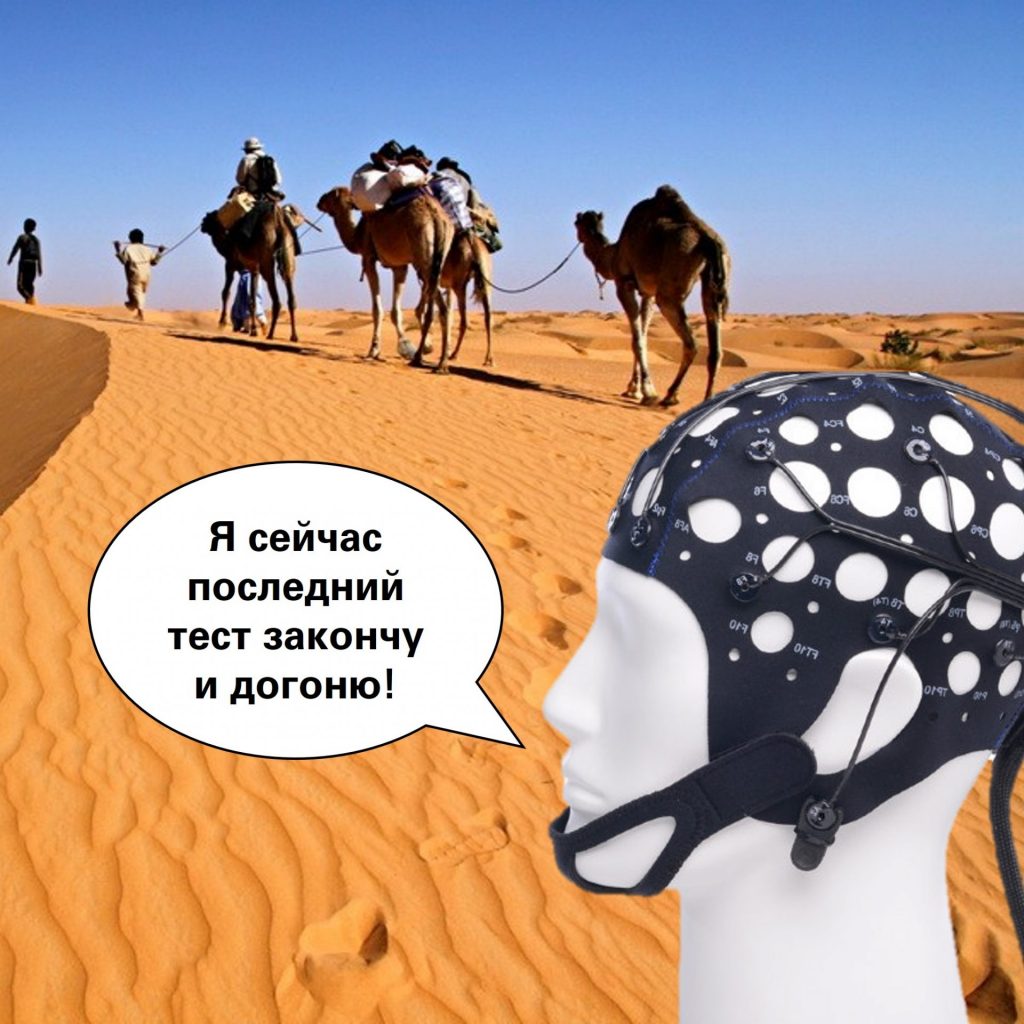The impact of text’s format on the cognitive assessment of the information’s reliability
Researchers from Saint Petersburg University – E. Blinova, postgraduate student, research scientist of the Laboratory of Behavioural Neurodynamics, and O. Shcherbakova, Ph.D., associate Professor of the Department of General Psychology – studied how text’s format impacts the cognitive assessment of the information’s reliability.
The format of modern texts is believed to affect the readers’ judgement of the text’s credibility. However, most studies do not address the psychological bases of this effect. To fill this gap, we designed an experiment aimed at studying cognitive assessment of the reliability/credibility of information presented in verbal vs. iconic texts. We predicted that the text format affects 1) the reader’s judgement of whether its content is false or true 2) the reader’s confidence in such a judgement. Participants (N = 200; 88.5% – female; 15 – 56 y.o., Me = 28) 1) read 20 texts describing fictional facts (10 texts were presented in verbal format, 10 – in iconic one); 2) made judgments about the credibility of each fact; 3) assessed their own confidence in their judgements. It was found that readers were much more likely to judge the facts presented in iconic format as false (χ2 = 12.382, df = 1, p < 0.001, V = 0.056). The influence of the text format on the participants’ confidence in their judgements was small (t = 2.256, df = 3998, p = 0.024, d = 0.071), in contrast to the effect of the response type (i.e., “true” vs. “false”): the participants were much more confident in their judgments when they believed that the facts they read about were false as opposed to true (t = 11.415, df = 3987.2, p < 0.001, d = 0.363).

We conclude that imagery components of the iconic texts restrict the build-up of readers’ own mental representations corresponding to their general knowledge. This, in turn, may decrease the readers’ trust in the information presented and lead to their greater confidence in decisions about the unreliability of the facts described in iconic texts in comparison with verbal ones.
More details about the study can be found HERE.
